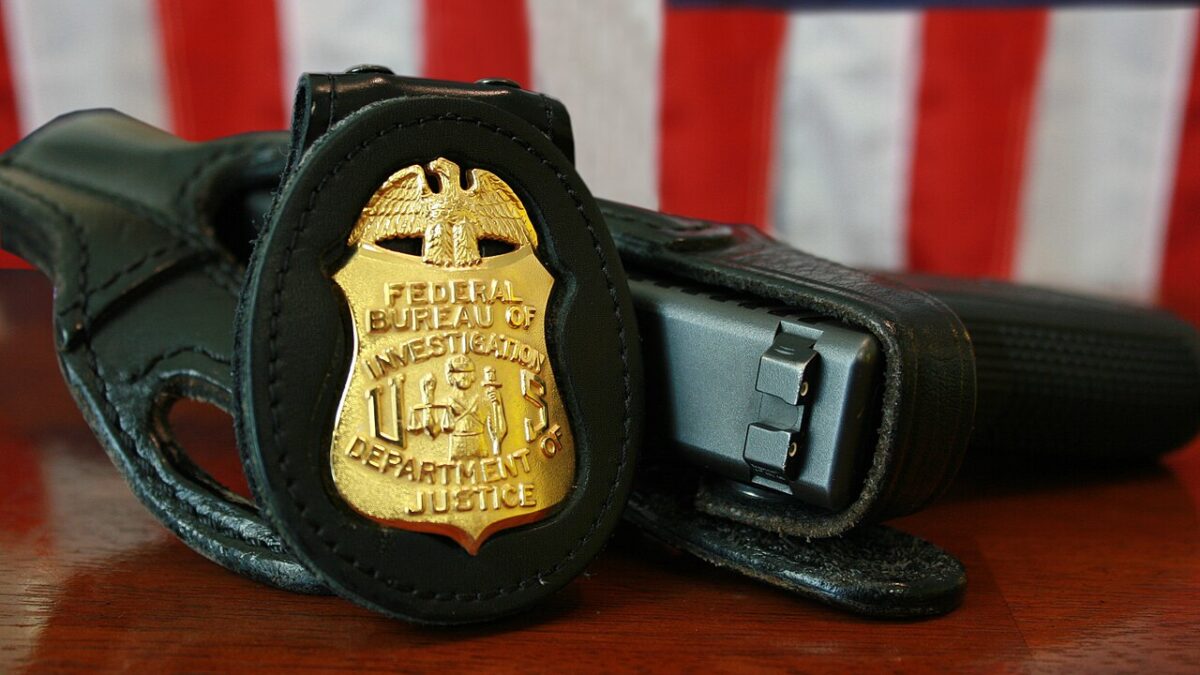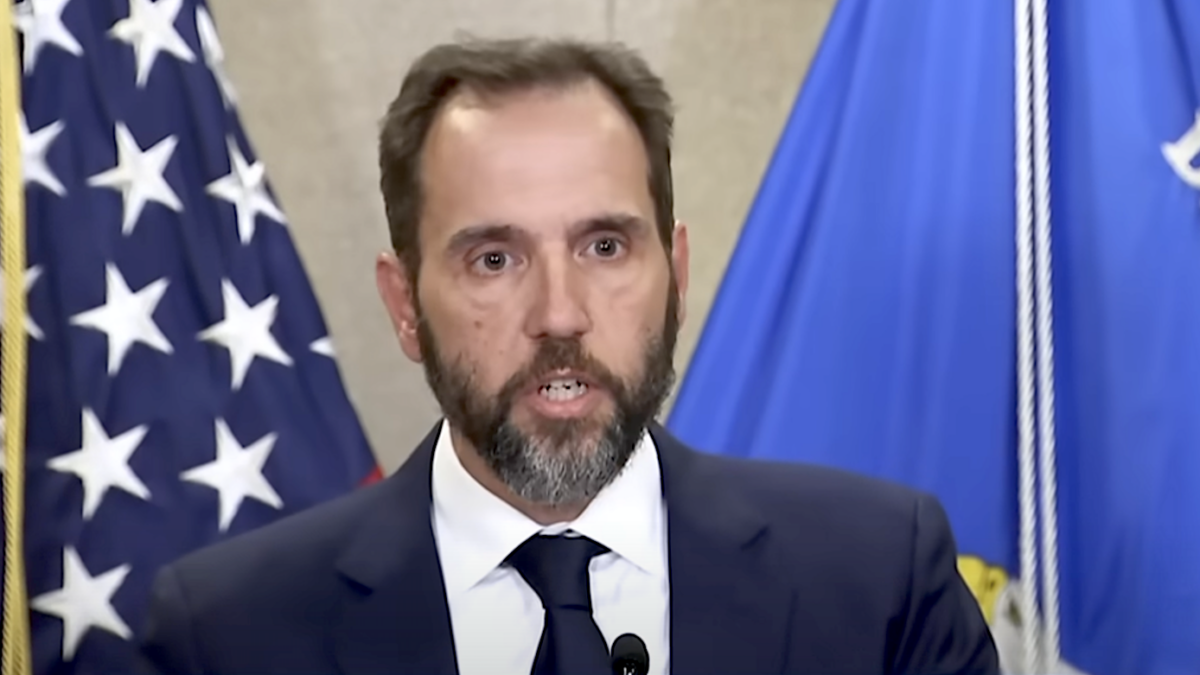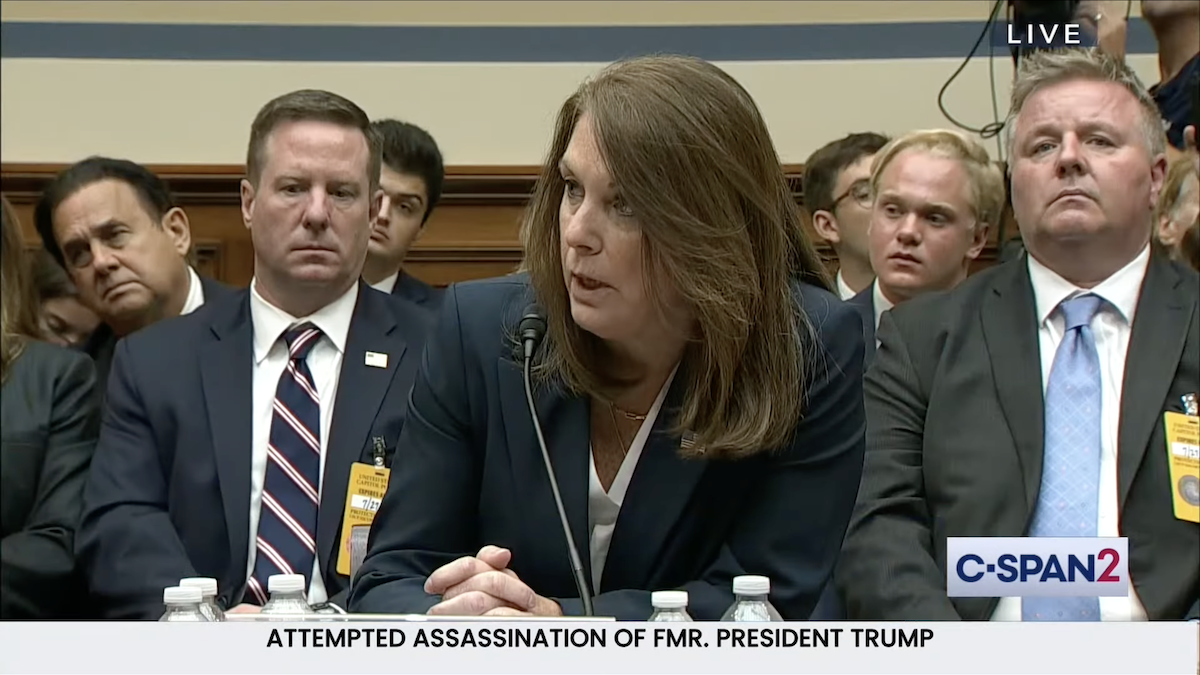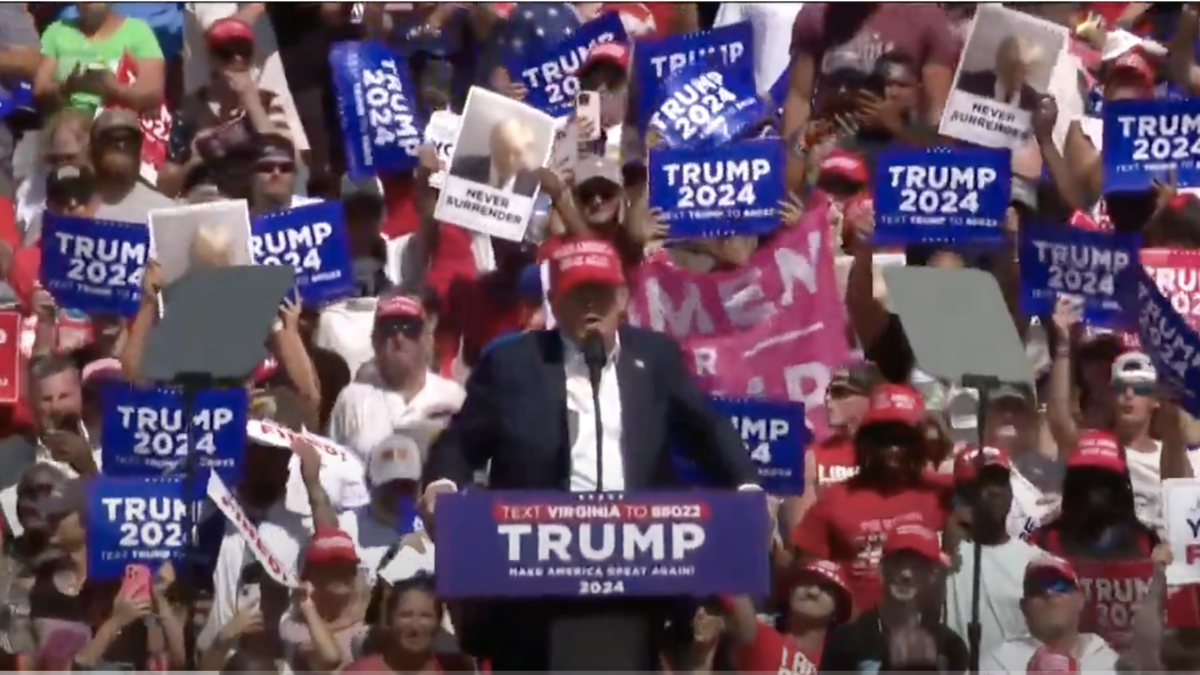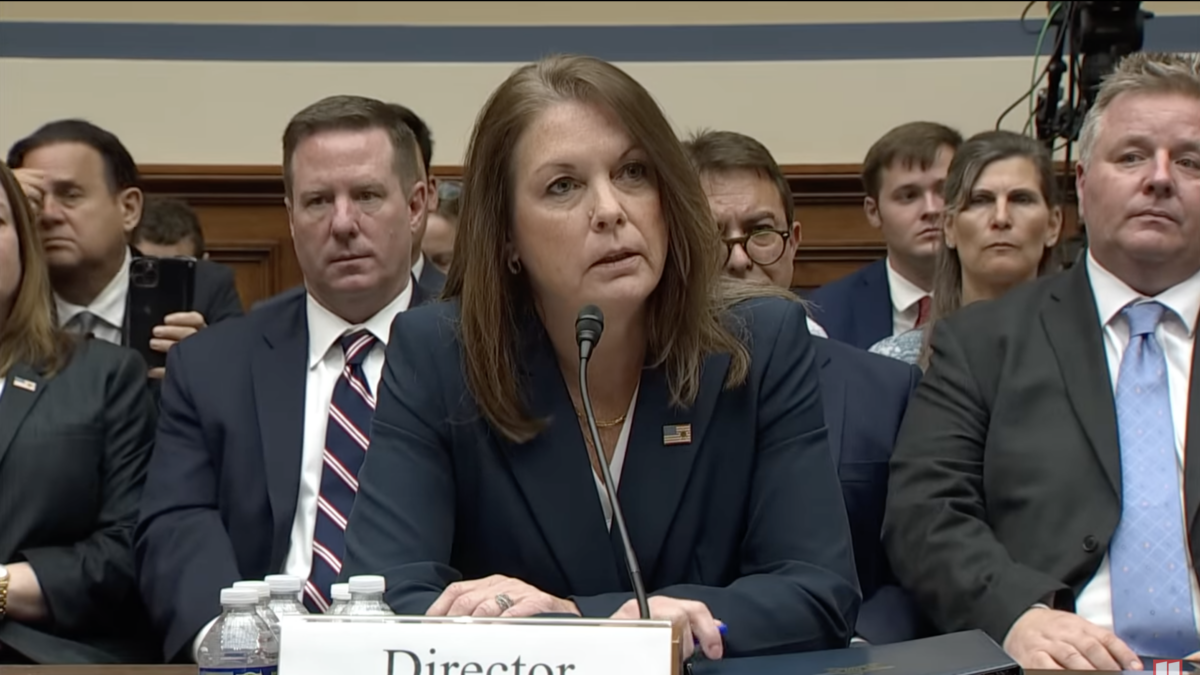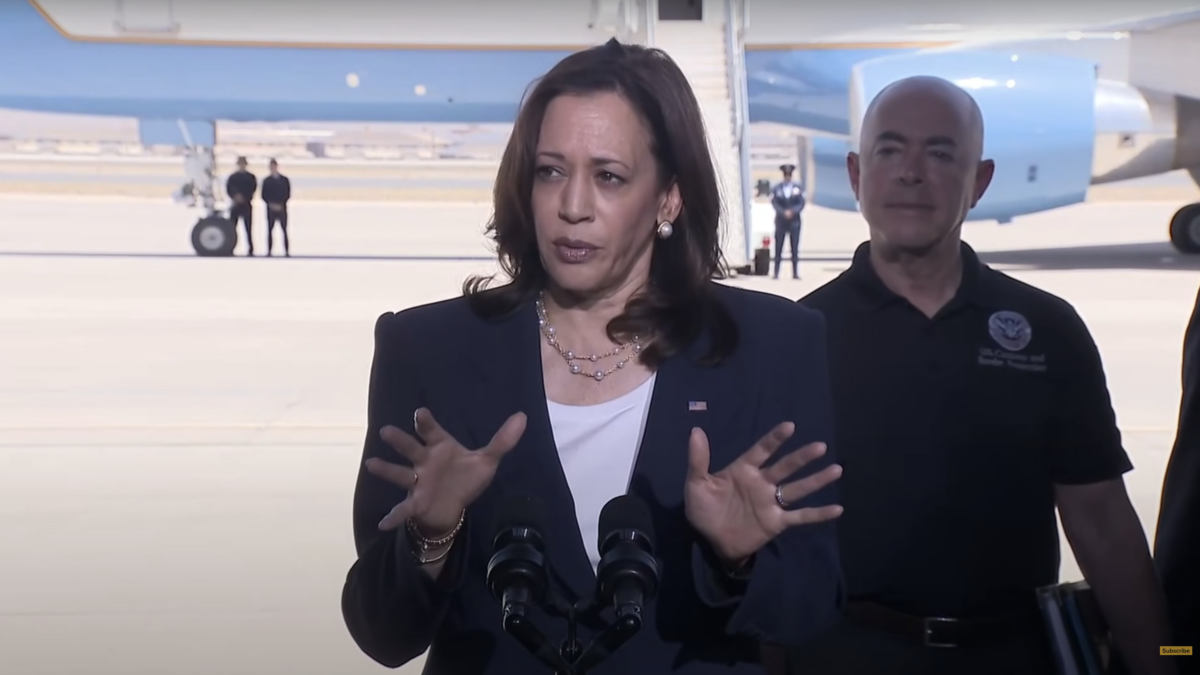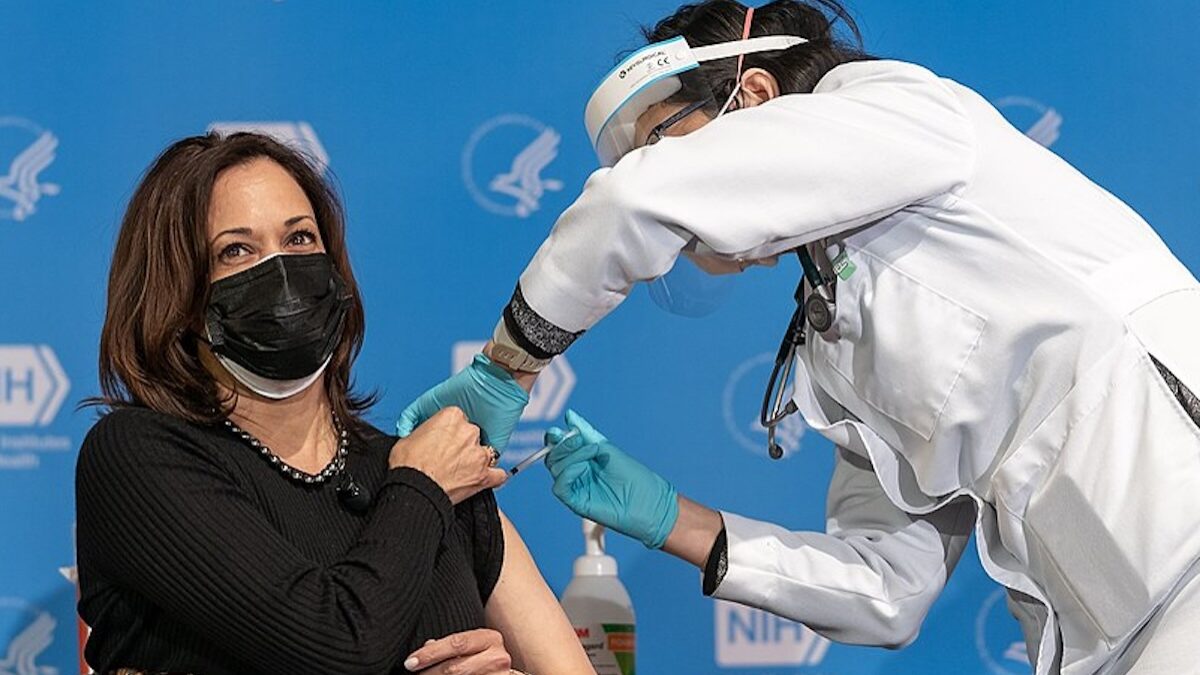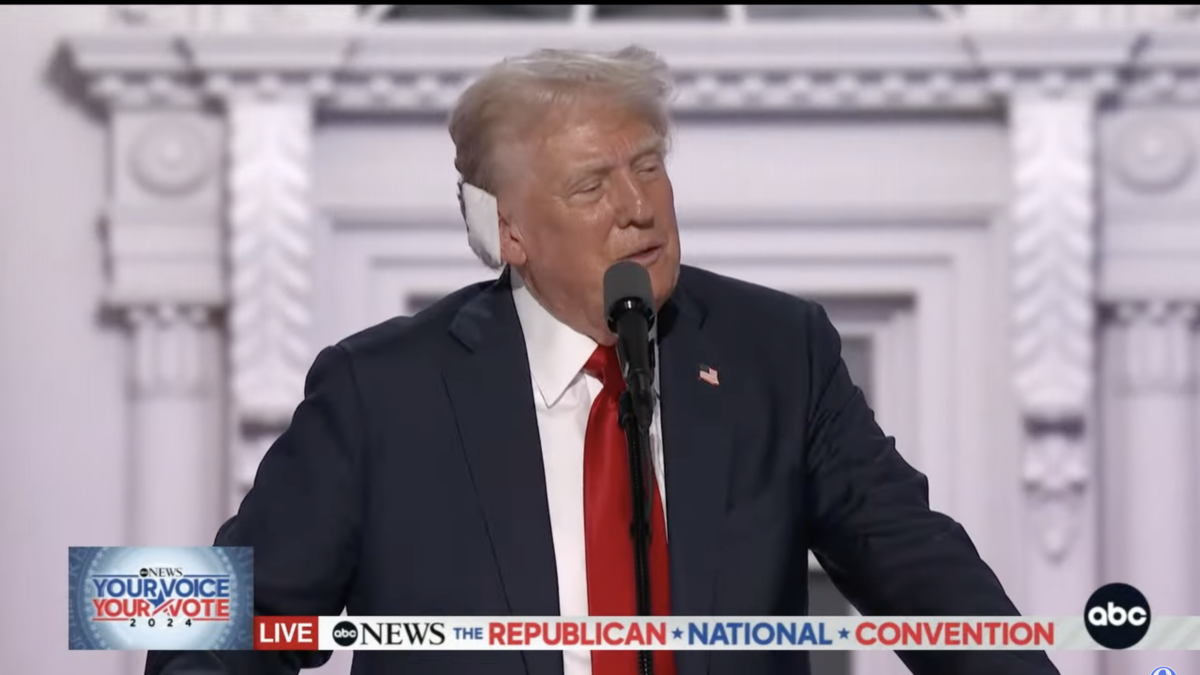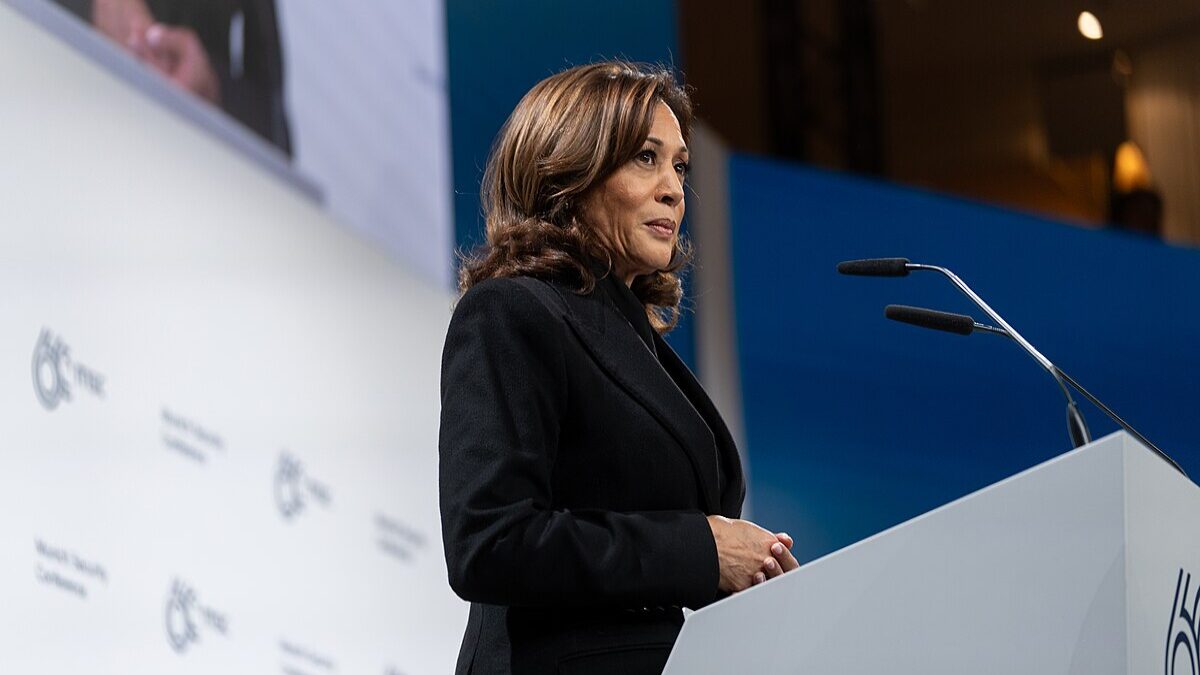The FBI Security Division questioned employees about a fellow employee’s views on Covid vaccines, Donald Trump, and a Second Amendment rally, according to whistleblower disclosures made to the Department of Justice’s Office of Inspector General on Saturday. This revelation raises more concerns that the FBI’s leadership has become hopelessly politicized and seeks to purge itself of employees with certain disfavored views.
Late Monday, The Federalist obtained a copy of the June 8, 2024, letter sent by Empower Oversight on behalf of its client, an unnamed whistleblower and now-retired FBI employee, to Inspector General Michael Horowitz. Enclosed with the letter were three separate interview forms used by the FBI Security Division in questioning co-workers about the whistleblower.
The preprinted document opened by stating that the Clearance Investigations Unit was conducting an administrative investigation regarding allegations that the employee had engaged in conduct that called into question his ability to maintain a top-secret security clearance. The introductory comments then informed the FBI employees that they had a duty to reply to the questions and that failure to reply fully could result in their own security clearances being revoked.
A series of questions followed, with co-workers quizzed on whether the employee under investigation had: “Vocalize[d] support for President Trump?” “Vocalized objection to COVID-19 vaccination?” “Vocalized intent to attend 1/6/2021?” The FBI Security Division also required co-workers to state whether they were aware the target of the investigation had attended the Richmond Lobby Day event, which is an annual Second Amendment rally in Virginia.
The Empower Oversight letter stressed the impropriety of these questions by quoting the Supreme Court’s pronouncement: “If there is any fixed star in our constitutional constellation, it is that no official, high or petty, can prescribe what shall be orthodox in politics, nationalism, religion or other matters of opinion or force citizens to confess by word or act their faith therein.”
Further, as the high court has held, “the First Amendment protects political association as well as political expression,” and such protections display our “profound national commitment to the principle that debate on public issues should be uninhibited, robust, and wide-open…”
That the FBI Security Division had a preprinted form used to interview employees about their co-worker’s views about Trump and the COVID shot, as well as that co-worker’s attendance at political events, represents a repulsive infringement on the rights of citizens.
It is one thing to determine if the employee under investigation had breached the Capitol, committed any crimes, or advocated for others to engage in illegal acts. But none of the questions posed had anything to do with those legitimate issues.
The whistleblower’s lawyers stress that point in their letter to the inspector general, writing that the FBI “has legitimate reasons to revoke the security clearances of employees who engage in or support unlawful acts, particularly those designed to disrupt the peaceful transfer of power.” They continued, “But our client did not do any of those things.”
Yet the FBI revoked the employee’s security clearance and questioned his or her co-workers about the suspended employee’s views on political matters. It’s disturbing enough that the FBI apparently believes those who favor Trump or support the Second Amendment represent a security risk, but by focusing on an employee’s position on Covid vaccinations, the bureau has exposed its true agenda: to weed out anyone with “wrongthink.”
And it worked: In this case, the employee retired rather than remain suspended without pay. He nonetheless hopes to regain his clearance, which would allow for other career opportunities. The whistleblower’s complaint, however, seeks something more: for the inspector general’s office to investigate the FBI’s apparent methodical abuse of the security clearance process in violation of the First Amendment to determine the scope of the abuses and the individuals responsible.
